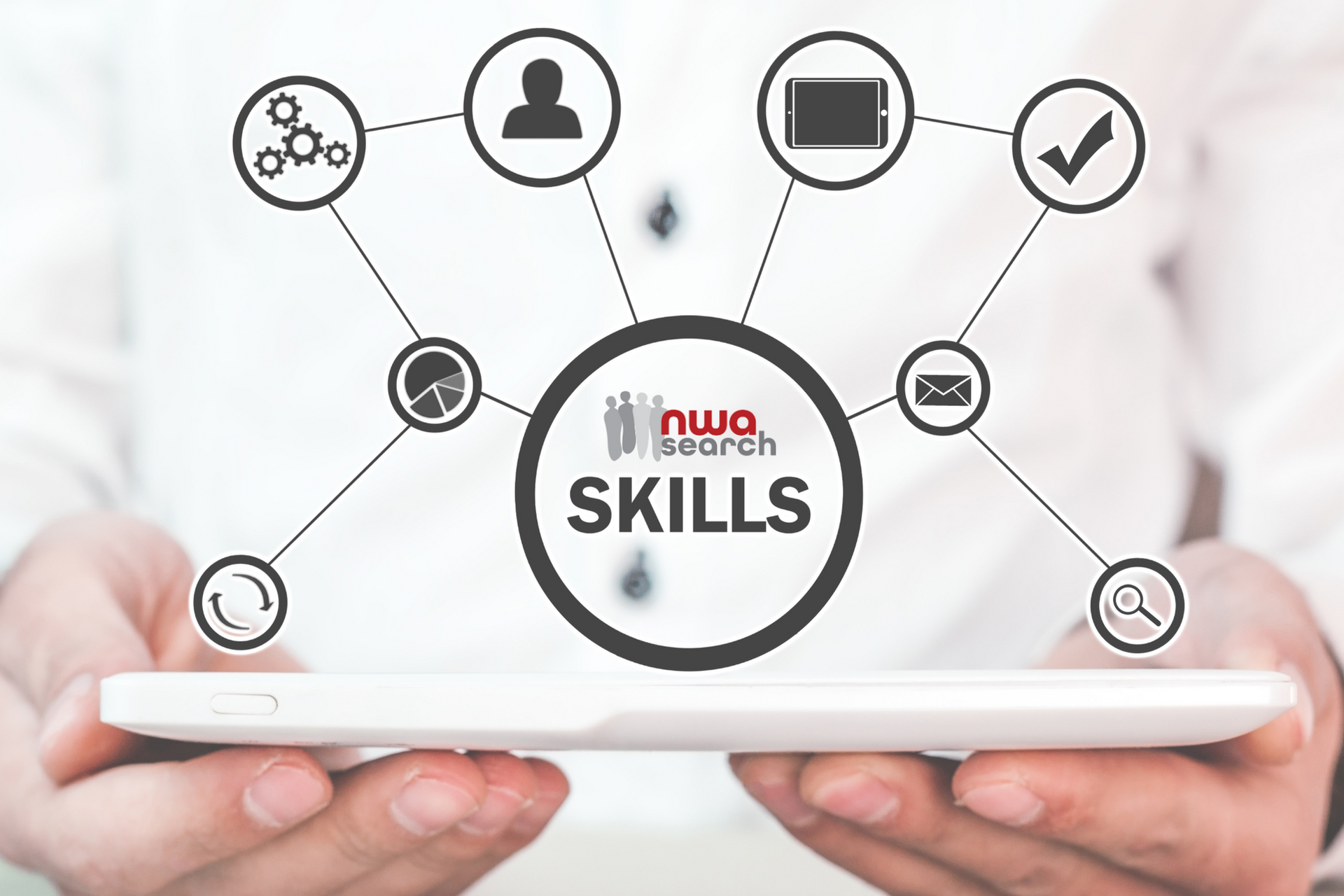The Critical Role of Professional Development in Today’s Workplace
Career Insights:
The Critical Role of Professional Development

As industries continue to shift and adapt to new technologies, methodologies, and market demands, the responsibility falls on individuals to ensure they remain relevant and competitive. The need for continuous learning and skill enhancement is a necessity.
The Need for Proactive Personal Development
Gone are the days when simply performing well in your role was enough to ensure career longevity. In the modern workplace, professional development has emerged as a crucial factor in not just surviving but thriving. Personal development, which encompasses a broad range of activities from formal education to on-the-job training, equips individuals with the tools needed to adapt to changes and seize new opportunities.
For example, the rise of digital technologies has reshaped industries across the board. In response, professionals who proactively upskill—whether by mastering new software, learning data analysis, or adopting new communication tools—position themselves as valuable assets to their organisations. This adaptability is not just about keeping up; it’s about staying ahead and ensuring that you are always in demand.
Enhancing Job Satisfaction and Confidence
Engaging in continuous professional development leads to a more rewarding work experience. As you acquire new skills and tackle fresh challenges, you naturally become more confident in your abilities. This confidence doesn’t just benefit your own sense of job satisfaction; it also enhances your value to employers. Confidence breeds competence, and competence is what employers seek in a highly competitive job market.
Moreover, professional development cultivates critical skills such as problem-solving, critical thinking, and effective communication. These are not just technical abilities, but soft skills that enable you to navigate complex workplace challenges with ease. Employers value these qualities highly, and they often become the distinguishing factor between candidates for promotions or new roles.
Demonstrating Commitment and Leadership
Employers increasingly look for evidence of continuous growth and self-improvement when evaluating employees for advancement. Demonstrating a commitment to personal development is a clear indicator of your dedication to your career and your willingness to invest in your future. It signals to employers that you are serious about your role and have the potential for leadership.
Effective communication, often a focus of professional development, is a skill that transcends industries. Whether you’re in finance, healthcare, technology, or any other sector, the ability to communicate persuasively and influence others is invaluable.
Employees who excel in this area are not only more effective in their roles but are also more likely to be considered for leadership positions.
The Networking Advantage
Another often overlooked aspect of professional development is the opportunity for networking. Engaging in workshops, seminars, and industry conferences not only provides learning opportunities but also allows you to build connections with other professionals. These connections can be instrumental in career advancement, leading to opportunities that might not be available through traditional channels.
Networking also exposes you to new ideas and perspectives, further enriching your professional growth. In the UK, where industries are interconnected and the business community is tight-knit, building a robust professional network can be a significant advantage.
Beyond Career Advancement: Personal Growth and Well-being
While career advancement is a key motivator for professional development, the benefits extend far beyond the workplace. Investing in your personal growth contributes to overall well-being, confidence, and life satisfaction. When you continually strive to improve yourself, you not only enhance your professional capabilities but also enrich your personal life.
The UK, like many other countries, places a growing emphasis on work-life balance and employee well-being. Professional development plays a crucial role in this by helping individuals achieve a sense of fulfilment and purpose. A well-rounded professional development plan includes not just career-focused learning but also activities that promote mental and emotional health.
The Necessity of Professional Development
In conclusion, professional development is not an option; it is a necessity. For those looking to advance their careers, achieve personal fulfilment, and maintain a competitive edge in the ever-changing UK job market, investing in professional development is essential. The benefits are manifold, from improved job satisfaction and confidence to enhanced leadership abilities and networking opportunities. Ultimately, the best advice for anyone seeking to build a prosperous career is to embrace every opportunity for learning and development and to actively seek out ways to grow both personally and professionally.
By prioritising professional development, you are not just investing in your career; you are investing in your future, your well-being, and your ability to lead and inspire others.










